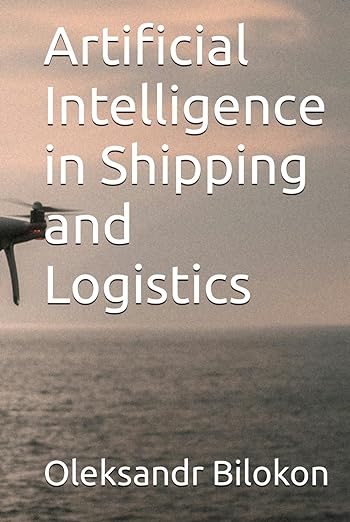
Our research and development work
While most of our research and development (R&D) work is confidential and covered by NDAs with our clients, some of the work has been released for society’s benefit into public domain.

While most of our research and development (R&D) work is confidential and covered by NDAs with our clients, some of the work has been released for society’s benefit into public domain.

Artificial Intelligence (AI) is transforming business, science, technology, and medicine. Achievements that one could only dream of in the 20th century have materialized in the 21st: AlphaGo has beaten Lee Sedol at the game of Go, probably the hardest game that humanity has invented; intelligent machines created by an army of quants (mathematicians and computer scientists) have been gradually displacing human traders on Wall Street and in the City of London; protein folding, a 50-year-old grand challenge in biology, has essentially been solved by AlphaFold, with unprecedented implications for areas like drug design and environmental sustainability. In this book, we consider the impact of AI on logistics and on the shipping industry. We consider such topical areas as predictive maintenance, route optimization, autonomous ships, cargo handling, supply chain management, environmental monitoring and compliance, risk management and safety, customer service and predictive analytics, port operation optimization, vessel performance monitoring, crew management and training, supply chain visibility, cargo security and risk assessment, weather forecasting and routing, trade compliance and documentation, energy management and efficiency, customer relationship management, and legal and regulatory compliance. We also briefly consider the future prospects of applying AI in shipping and logistics. The primary purpose of this book is to inform. The secondary, to entertain and inspire. This is not an academic treatise, so there are no formulae and no citations. There are some anecdotes that, we hope, you will find intriguing. Granted, you may not have heard of all the references (just as we would not have heard of all the references that you have heard of!), but you have an unfair advantage: access to search engines, such as Google. Read this book, and you will learn why AI has been created, what it is, how it works and how to use it, as well as what will happen (and what won’t happen) if you start adopting AI today in shipping and logistics.
AUTHORS: Paul Bilokon (Imperial College London, Thalesians Marine Ltd), Oleksandr Bilokon (Thalesians Marine Ltd), Saeed Amen (Cuemacro, Thalesians Ltd)
DATE: 12 September, 2023
ABSTRACT:Recent advances in data science, machine learning, and artificial intelligence, such as the emergence of large language models, are leading to an increasing demand for data that can be processed by such models. While data sources are application-specific, and it is impossible to produce an exhaustive list of such data sources, it seems that a comprehensive, rather than complete, list would still benefit data scientists and machine learning experts of all levels of seniority. The goal of this publication is to provide just such an (inevitably incomplete) list – or compendium – of data sources across multiple areas of applications, including finance and economics, legal (laws and regulations), life sciences (medicine and drug discovery), news sentiment and social media, retail and ecommerce, satellite imagery, and shipping and logistics, and sports.
Keywords: Artificial intelligence, AI, machine learning, ML, data science, datasets, data, alternative data
Available on SSRN: https://papers.ssrn.com/sol3/Delivery.cfm/SSRN_ID4567555_code1462568.pdf?abstractid=4567555&type=2


Are you interested in collaborating? Please contact alex@thalesiansmarine.com.